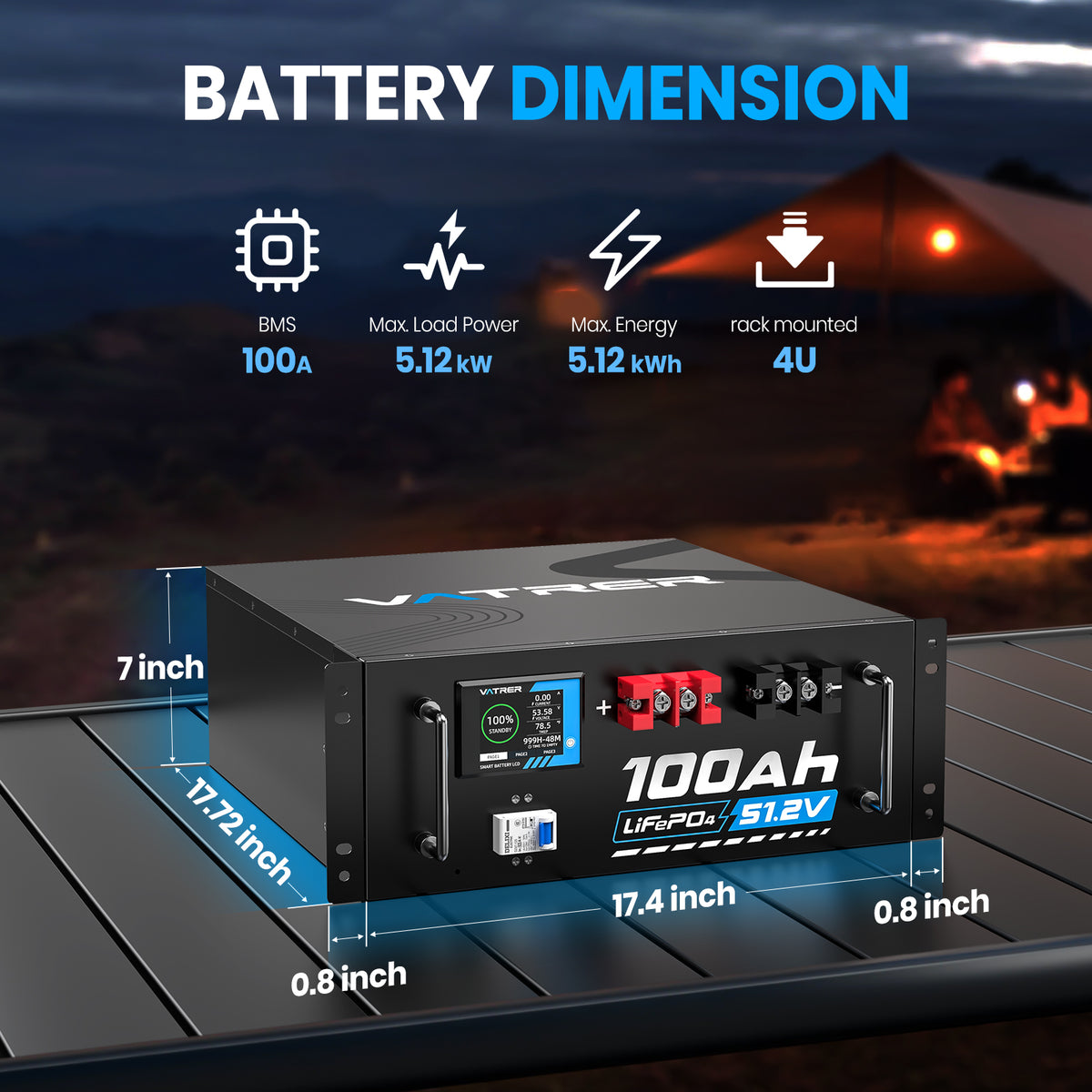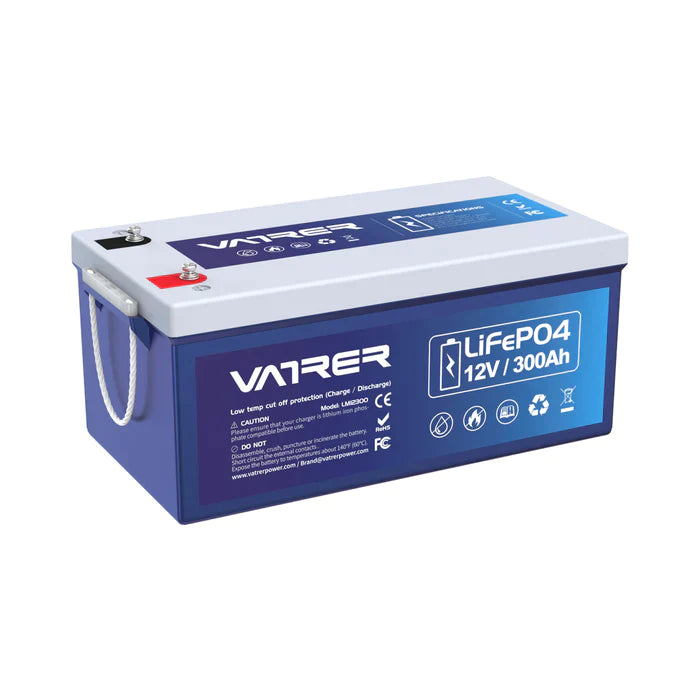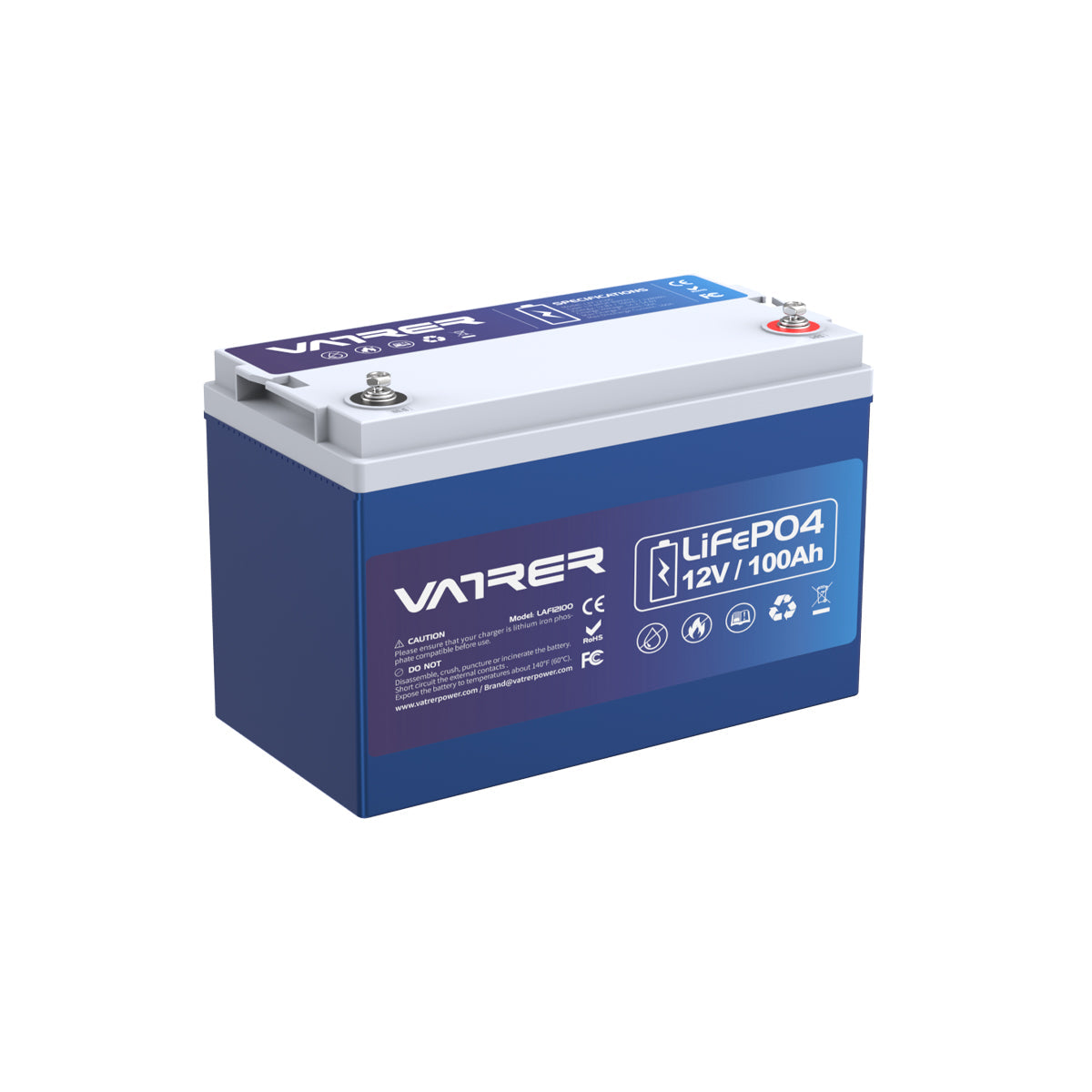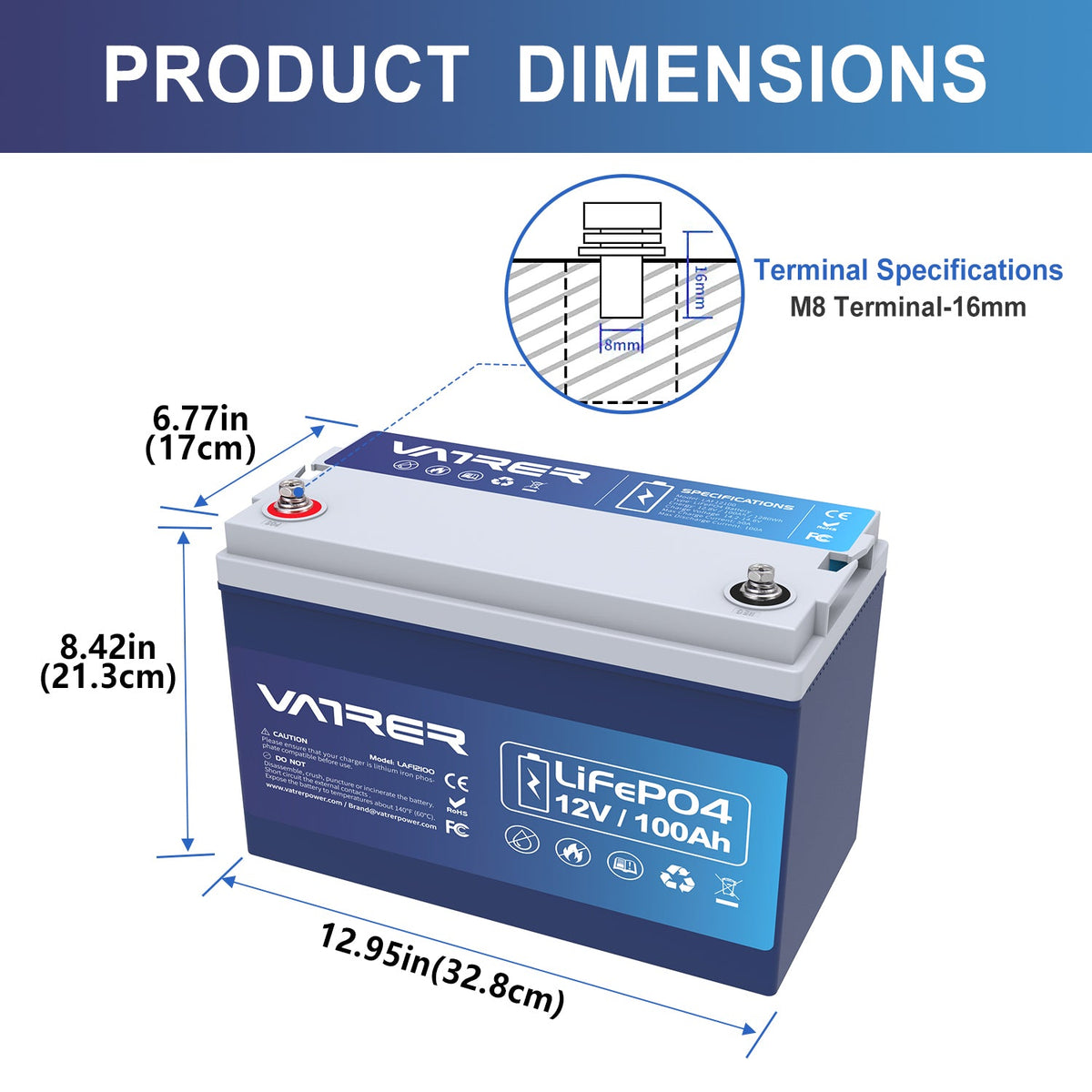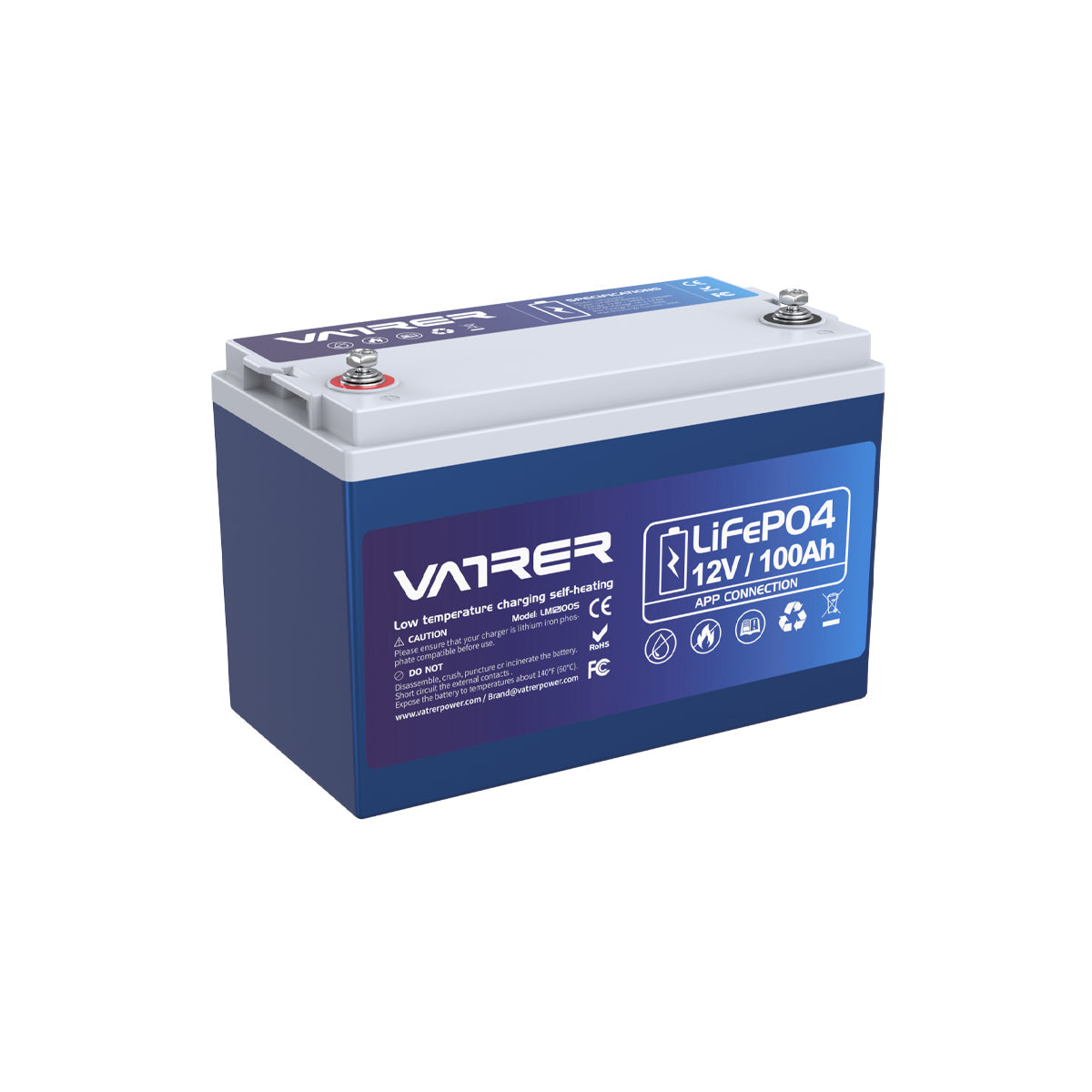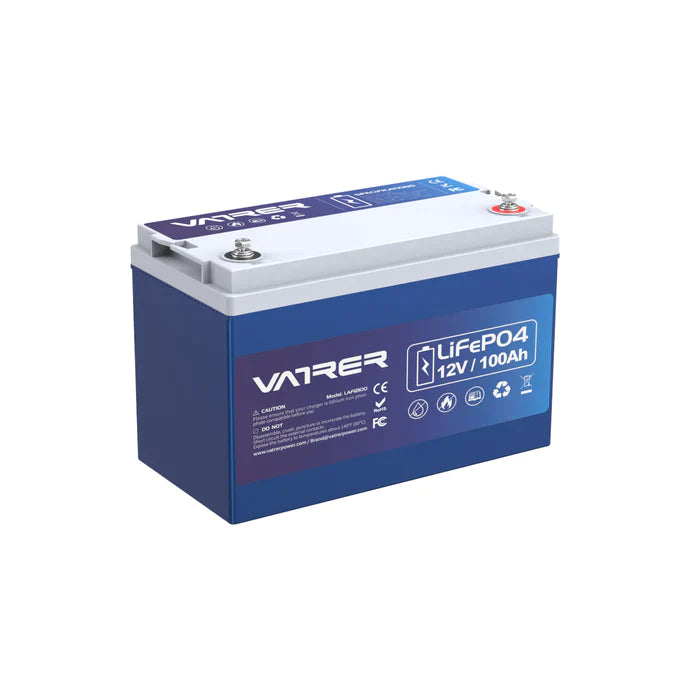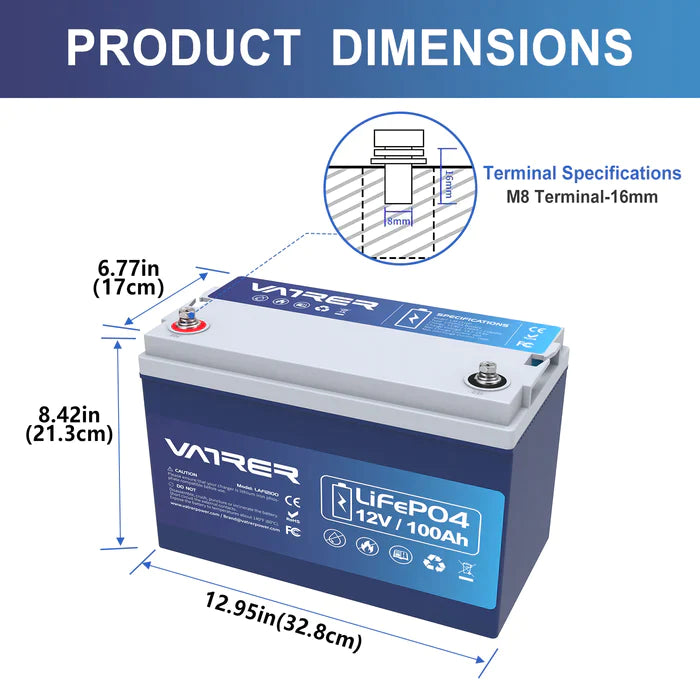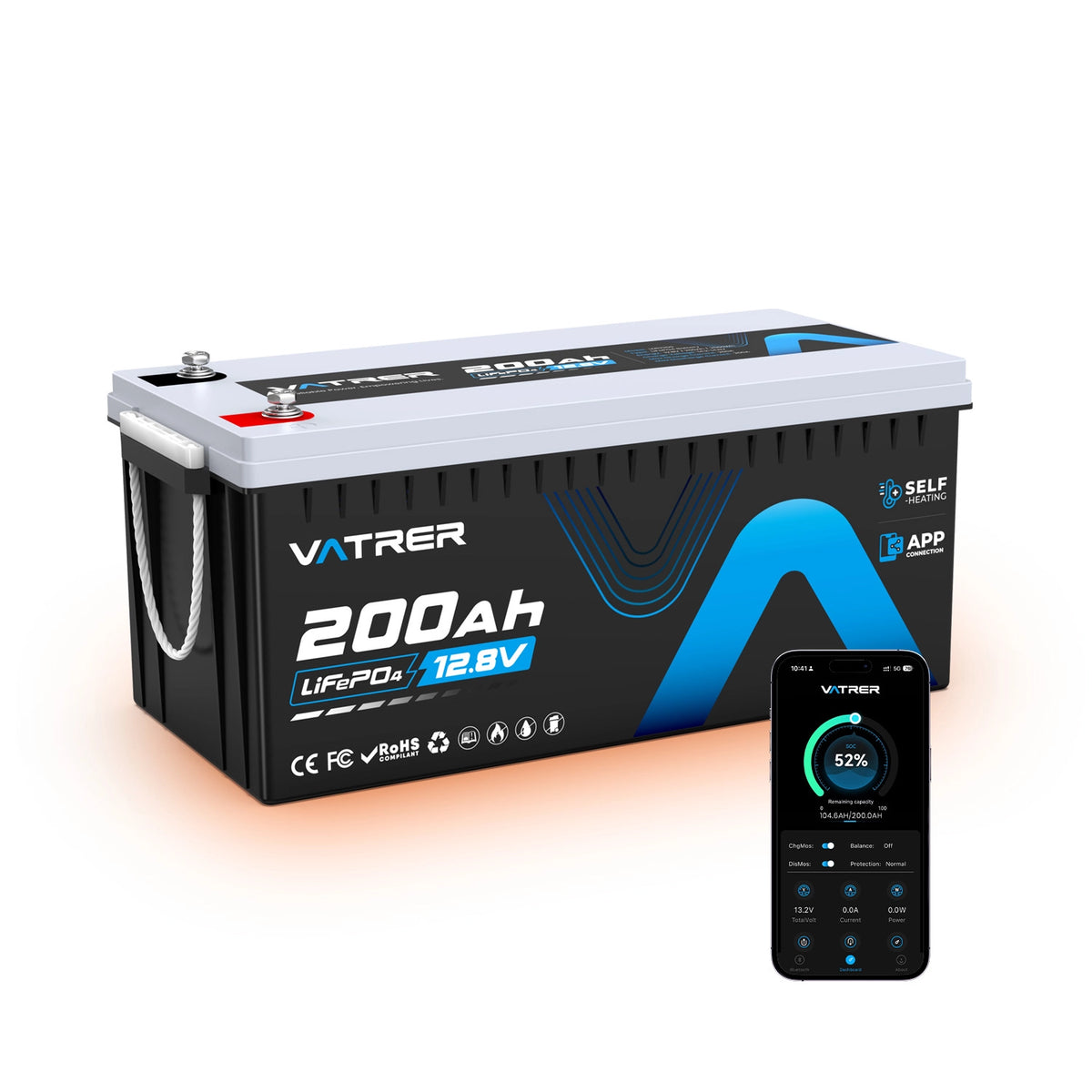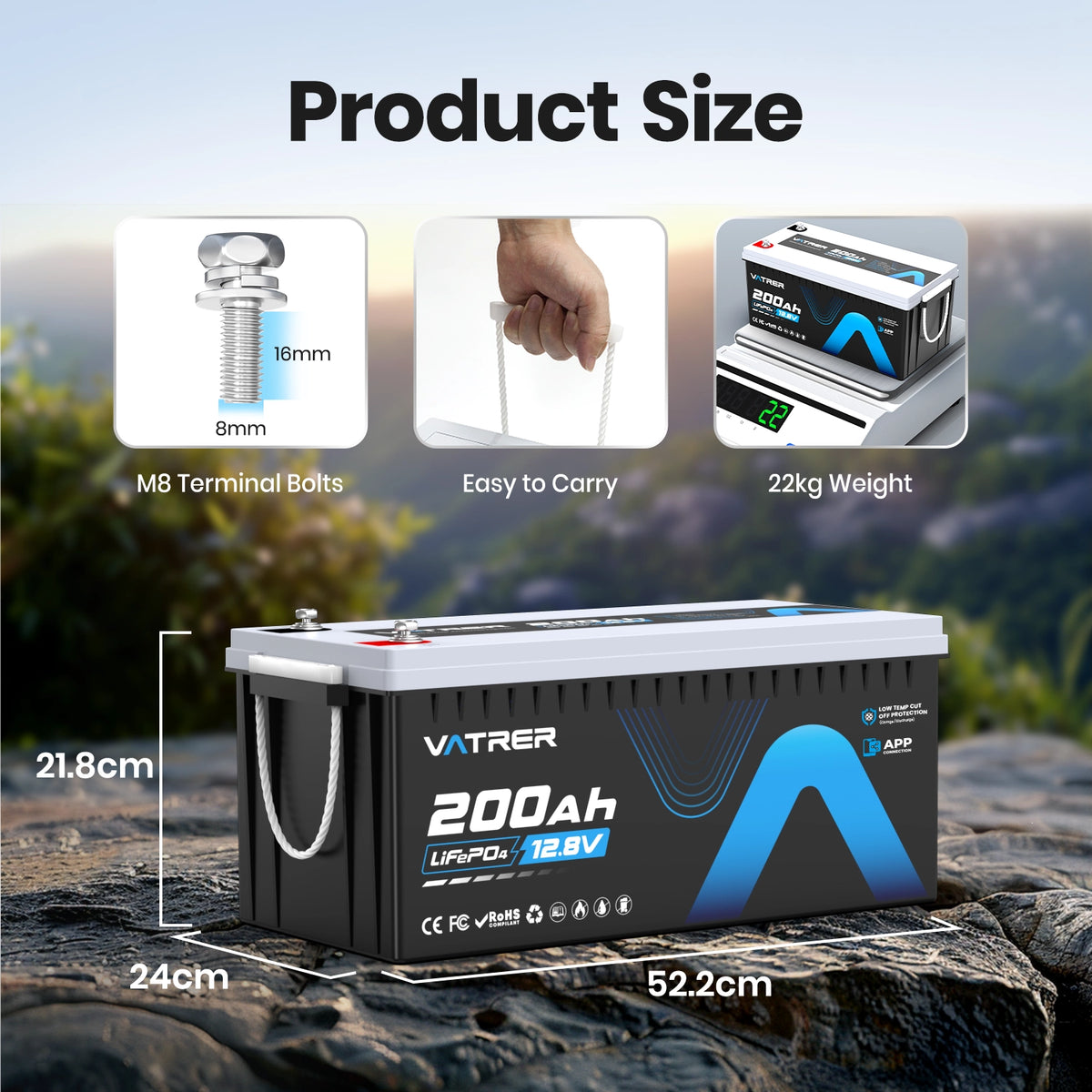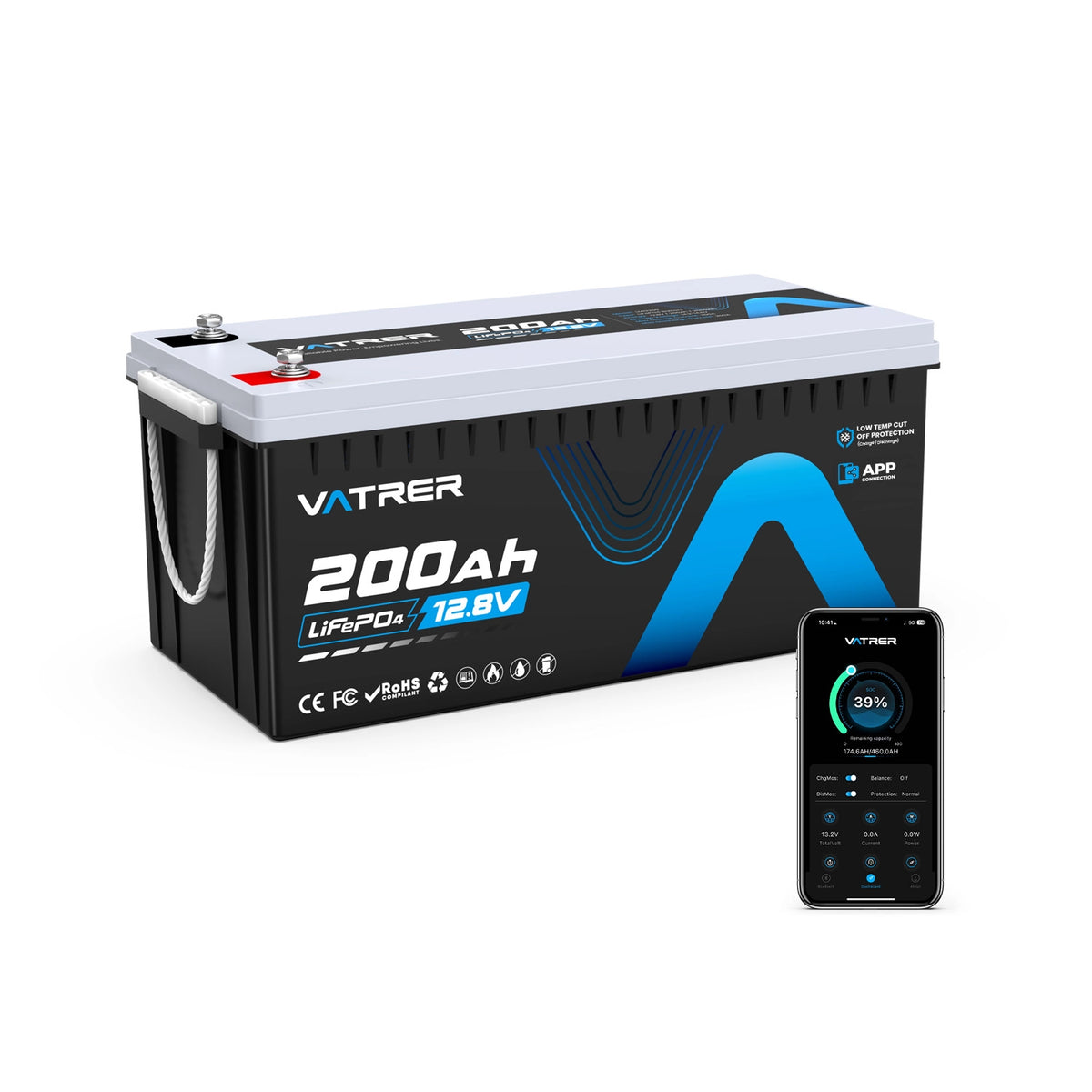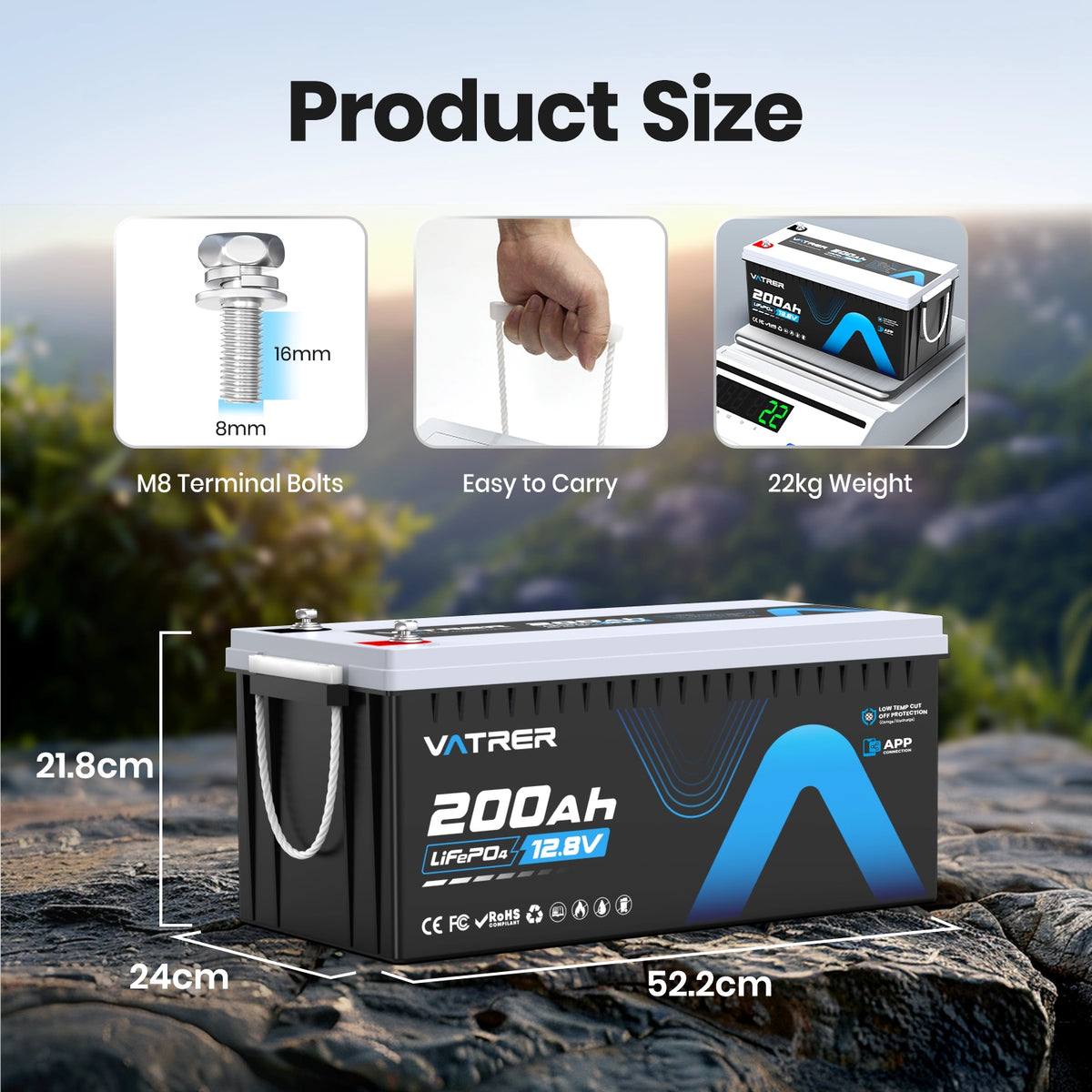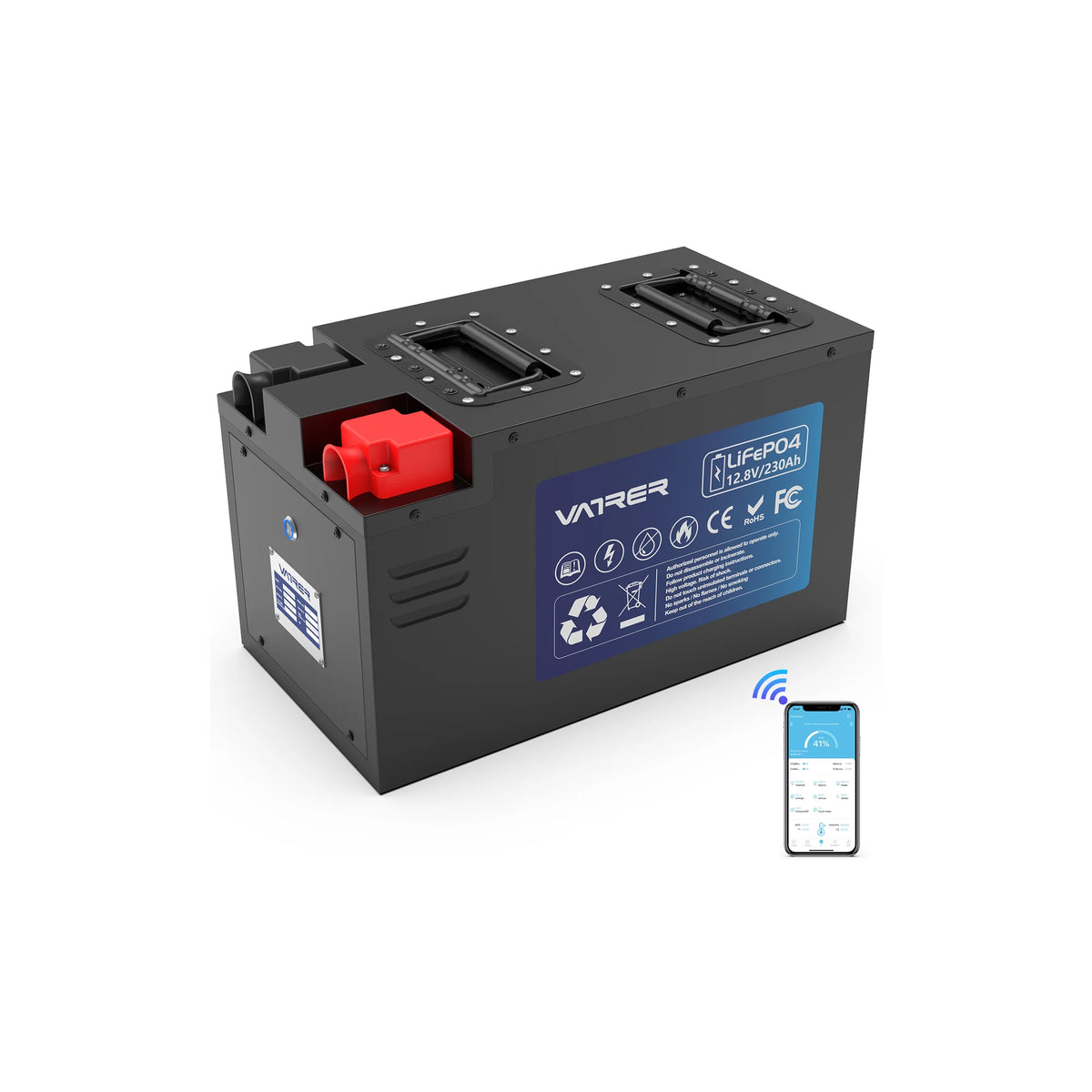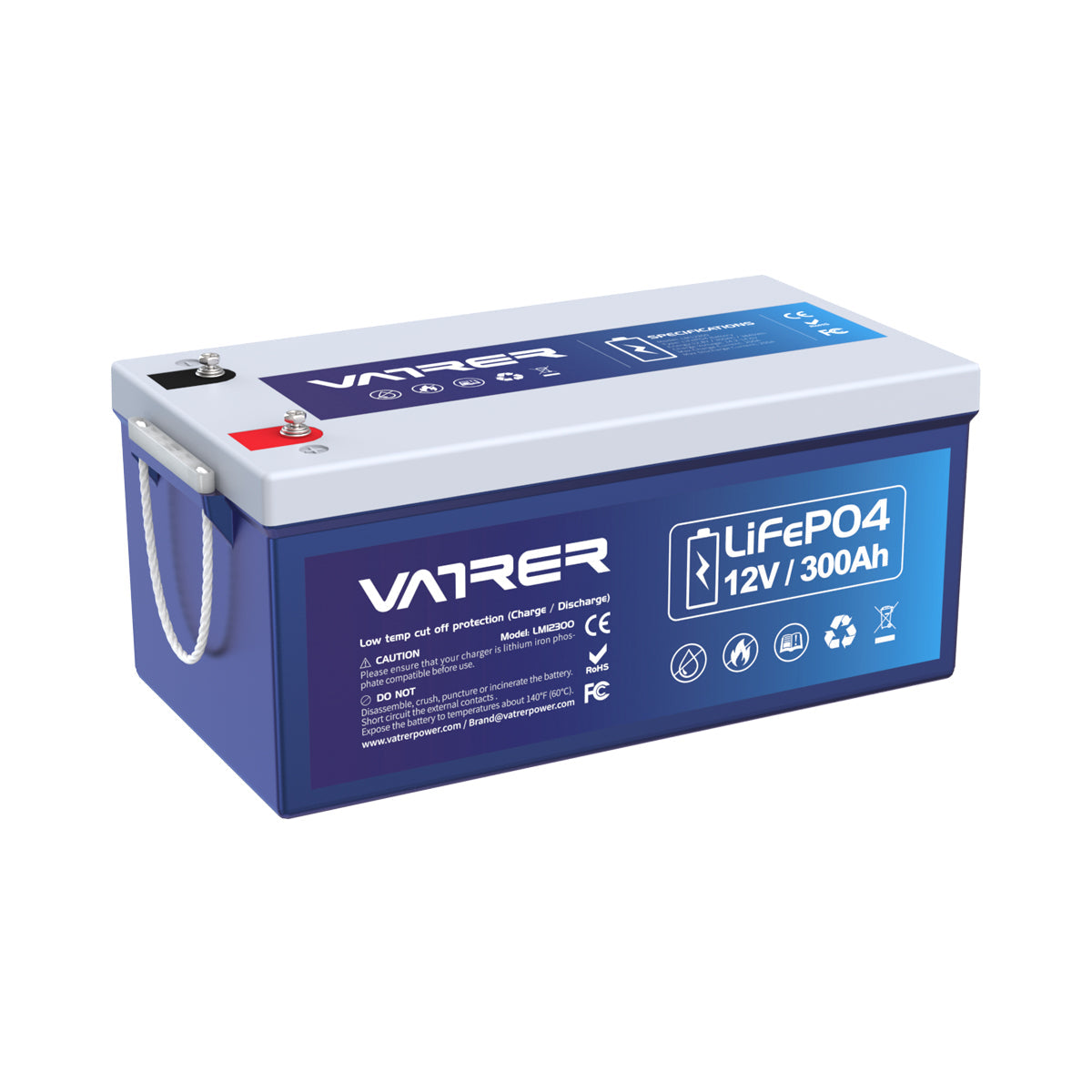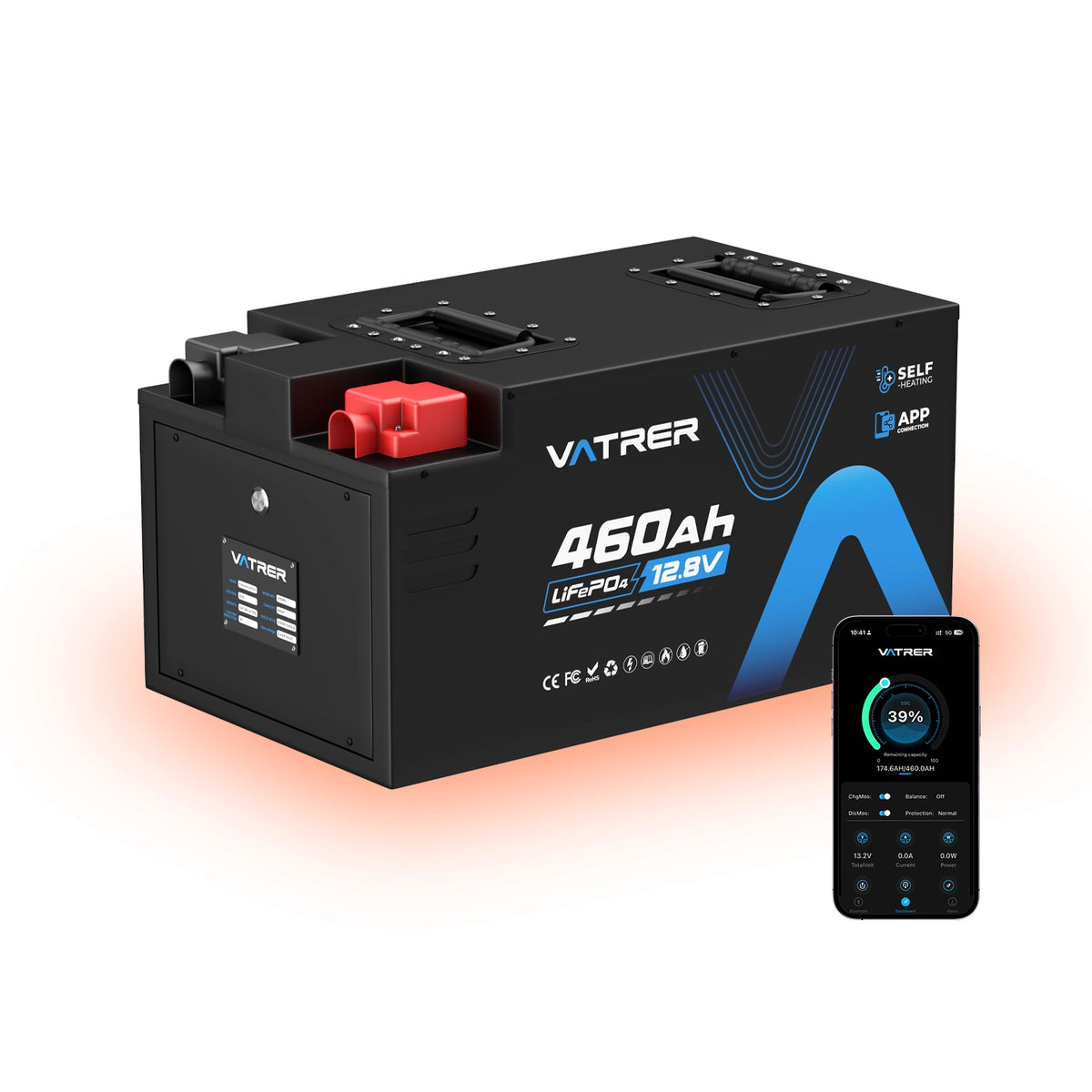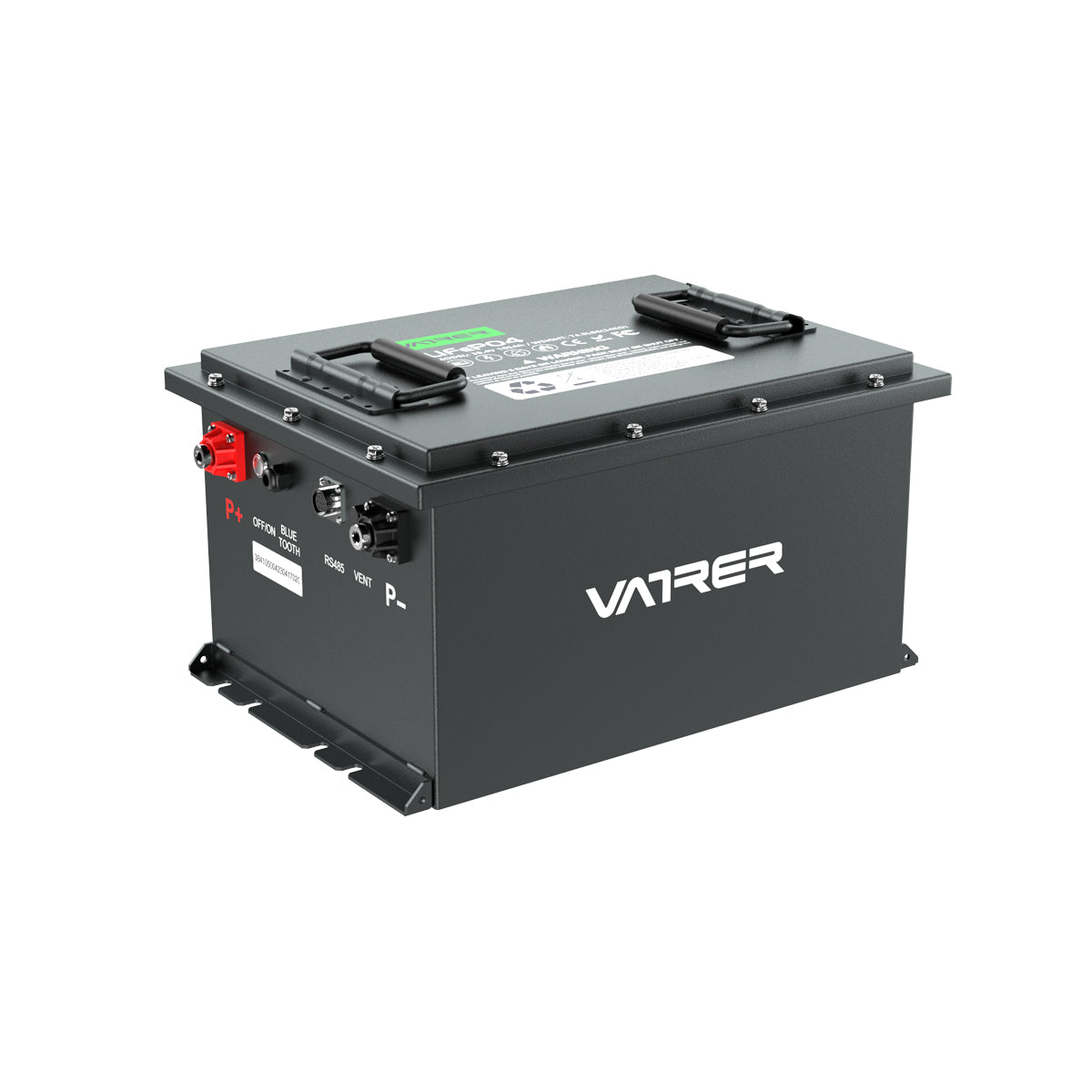Table of Contents
- Pros of Lithium Batteries for Boats
- High Energy Density
- Longer Lifespan
- Faster Charging
- Maintenance-Free
- Better Performance in Extreme Conditions
- Cons of Lithium Batteries for Boats
- Higher Initial Cost
- Complex Charging Requirements
- Thermal Runaway Risk
- Recycling and Disposal
- Availability and Support
- Conclusion
Lithium batteries have become increasingly popular in the marine industry due to their numerous advantages over traditional lead-acid batteries. However, like any technology, they come with their own set of drawbacks. This article will explore the pros and cons of using lithium batteries for boats, helping you make an informed decision for your marine energy needs.

Pros of Lithium Batteries for Boats
-
High Energy Density
- More Power, Less Weight: Lithium batteries offer a higher energy density compared to lead-acid batteries, meaning they can store more energy in a smaller and lighter package. This is particularly beneficial for boats where weight and space are at a premium.
- Extended Range: The higher energy density translates to longer-lasting power, allowing for extended trips without the need for frequent recharging.
-
Longer Lifespan
- Durability: Lithium batteries typically have a lifespan of 10-15 years, significantly longer than the 3-5 years expected from lead-acid batteries. This longevity reduces the frequency and cost of replacements.
- More Charge Cycles: They can endure thousands of charge-discharge cycles, making them a more sustainable and cost-effective choice over time.
-
Faster Charging
- Efficiency: Lithium batteries can be charged much faster than lead-acid batteries. This is particularly advantageous for boaters who need to recharge quickly during short docking periods.
- Partial Charging: Unlike lead-acid batteries that can suffer from sulfation if not fully charged, lithium batteries can handle partial charging without any negative effects.
-
Maintenance-Free
- Convenience: Lithium batteries require little to no maintenance, unlike lead-acid batteries that need regular checking and topping up of water levels. This makes them a hassle-free option for boat owners.
-
Better Performance in Extreme Conditions
- Temperature Resilience: Lithium batteries perform better in a wider range of temperatures compared to lead-acid batteries, which can lose efficiency in extreme heat or cold.
Cons of Lithium Batteries for Boats
-
Higher Initial Cost
- Upfront Investment: The most significant drawback of lithium batteries is their higher initial cost. They can be several times more expensive than lead-acid batteries, which can be a barrier for some boat owners.
-
Complex Charging Requirements
- Specialized Chargers: Lithium batteries often require specific chargers and battery management systems (BMS) to ensure they charge safely and efficiently. This can add to the overall cost and complexity of the system.
- Compatibility Issues: Not all boats are equipped to handle lithium batteries without modifications. Ensuring compatibility with existing systems can be challenging.
-
Thermal Runaway Risk
- Safety Concerns: Although rare, lithium batteries can experience thermal runaway, a condition where the battery overheats and can potentially catch fire. Proper installation and the use of high-quality components can mitigate this risk, but it remains a consideration.
-
Recycling and Disposal
- Environmental Impact: While lithium batteries are more eco-friendly during use, their disposal and recycling can be more complex compared to lead-acid batteries. The extraction of lithium and other materials also has environmental impacts.
-
Availability and Support
- Access to Service: Depending on your location, finding service and support for lithium batteries can be more challenging than for the more ubiquitous lead-acid batteries. This can affect downtime and repair costs.
Conclusion
Lithium batteries offer numerous advantages for boat owners, including higher energy density, longer lifespan, faster charging, and low maintenance. However, these benefits come with higher initial costs, complex charging requirements, and some safety and environmental considerations. When deciding whether to switch to lithium batteries for your boat, it's essential to weigh these pros and cons based on your specific needs and circumstances. By doing so, you can make the best choice for your marine adventures.






